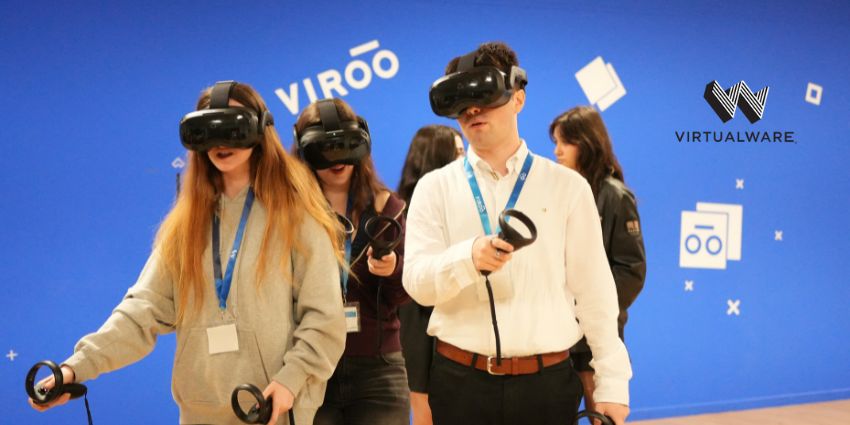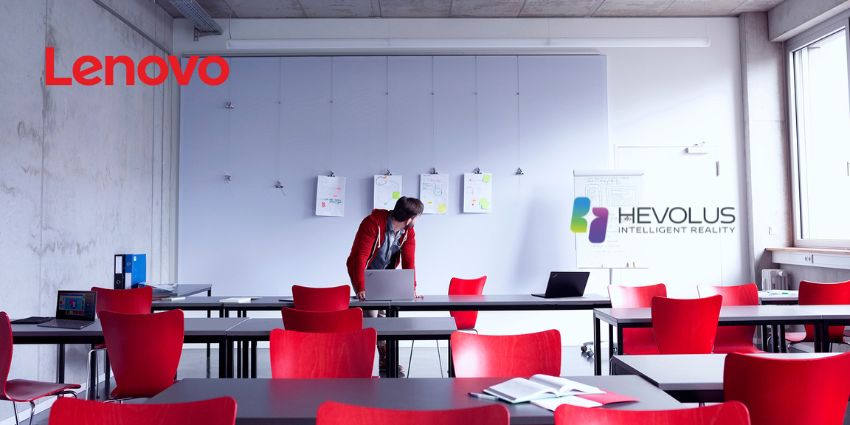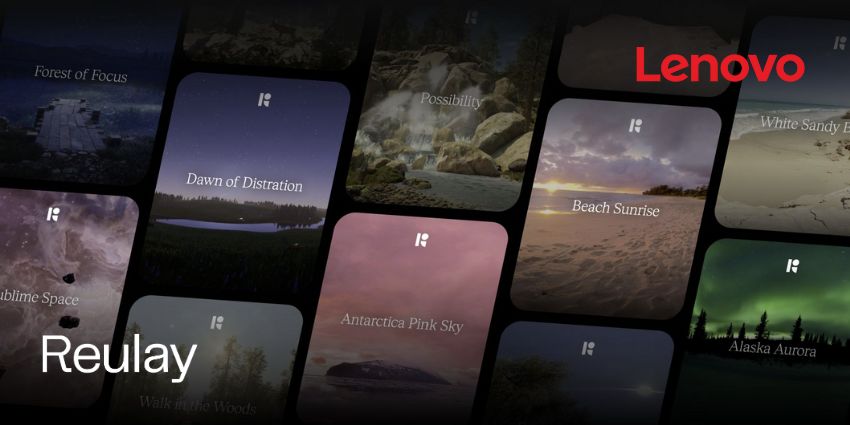Shanghai-based VR hardware manufacturer Pimax Technology has secured a ¥100 million C1+ financing round, marking one of China’s largest VR investments of 2024. The deal – spearheaded by Zhuji Jingkai Chuangrong Investment alongside existing backer Ivy Capital – comes at a pivotal moment for the company, which has seen its revenue double annually for three straight years.
Pimax founder Weng Zhibin attributed the company’s success to its strategic positioning:
Our growth stems from continuous R&D investment and a mature overseas strategy. We’re also riding the wave of increasing demand for premium VR solutions globally.
The fresh capital injection will power Pimax’s ambitious international expansion plans, including new R&D hubs in the US and Europe. The investment will complement Pimax’s impressive international presence; overseas users accounting for 80% of its customer base.
Beyond Gaming: Pimax’s Technical Edge
Since launching in 2014, Pimax has established a unique position in the high-end VR market. While competitors focused on mass-market solutions, Pimax bet big on pushing technical boundaries, becoming the first to market with 4K, 8K, and retina-level headsets. This bet seems to have worked with the company now holding hundreds of patents in display technology and optical systems.
2024’s Triple Threat
This year saw Pimax unleash three distinctive products:
- Crystal Light: A high-res headset with exceptional comfort
- Crystal Super: A groundbreaking first retinal-level VR device
- Dream Air: Pushing boundaries with the world’s most compact 8K system
Pimax’s technology has found diverse applications beyond its original market. Architects now use the high-resolution displays for immersive design reviews, while tourism operators create virtual cultural experiences. In real estate, overseas investors can take detailed virtual property tours, and corporate training programs are using VR for efficient employee upskilling. Gaming venues are finding new ways to create premium VR experiences that justify higher ticket prices.
The successful funding round signals growing confidence in specialised VR hardware, particularly as enterprise adoption accelerates. With plans to strengthen its R&D capabilities across three continents, Pimax appears well-positioned to capitalise on the expanding B2B market for premium VR solutions.
Succeeding Where Other Premium Solutions Failed
We all know about Meta’s ill-fated Meta Quest Pro, which was recently discontinued. So what’s the contradiction between that and businesses like Pimax, which are selling headsets priced well above $1000?
The answer is strict market segmentation. Industry analysts point to a maturing market where price is no longer the only differentiator. Enterprise users, professional designers, and high-end enthusiasts are emerging as distinct customer segments with specific needs.
While Meta’s Quest Pro struggled to justify its premium price tag, companies like Pimax have found success by focusing on specific professional use cases that require raw performance and modular customisation. For example, architecture firms, automotive designers and medical training facilities are willing to pay more for specialised features. When compared to theMeta Quest Pro, Pimax headsets offer nearly triple the resolution, a significantly wider field of view and faster refresh rates.







